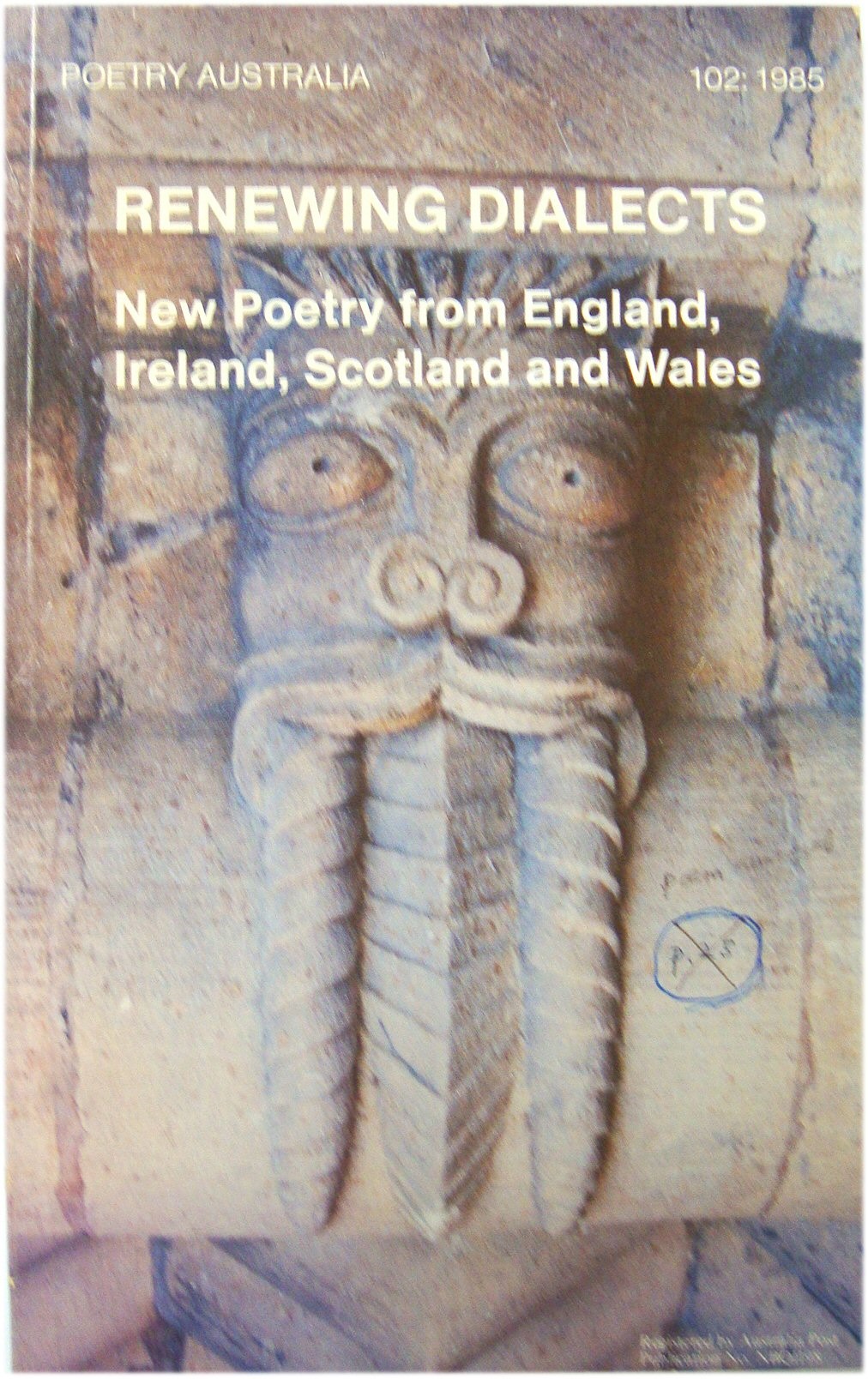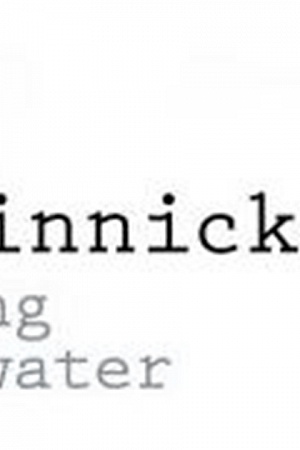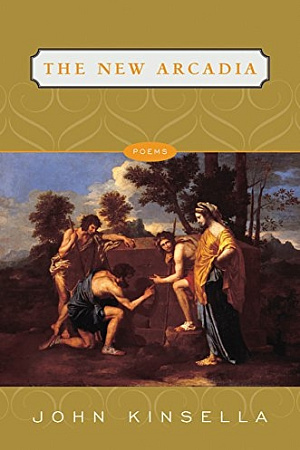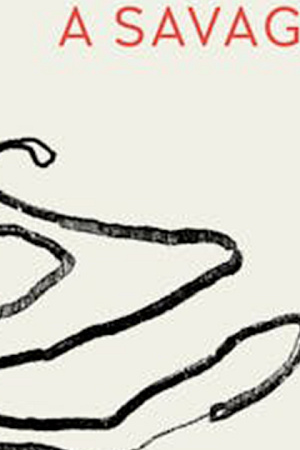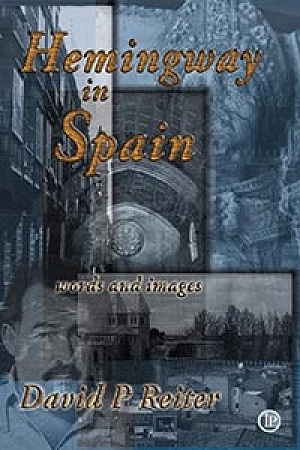Poetry Australia No. 101
South Head Press, $30.00 (Annual Subscription), 80 pp
The Solitary Islands
Ollif Publishing Company, $7.00 pb, 62 pp
The Delicately Lighted Angle
With issues 101 and 102 (Renewing Dialects: New Poetry from England, Ireland, Scotland and Wales), Poetry Australia has entered upon the estate of the sage organ. The two issues account fairly representatively for PA’s traditional function – to provide opportunity, a periodic review of contemporary poetic activity, and a reliable voice. Herbert Jaffa leads off 101 with ‘Poetry Australia at One Hundred: An Impression and Appreciation’, a tribute to PA as source material and as a place of opportunity for the newish and oldish poet; and Elizabeth Perkins closes the show with a review essay of its special issues since 1968 (up to, but not including, 102). This essay cogently reminds poets and readers of a basic requirement: that poets keep ‘good faith towards the language they use’. An editor could do worse than start with such a requirement. Both 101 and 102 are clearly open to the possibilities of ‘new’ languages, and alternatives to the sort of ‘I’ catalogue of micromoments that so often puts new readers off. Shifting of the ‘I’ shuffles up some interesting versions of tone.
In 101 there’s some fun – tiny punnic reminders like Peter Bibby’s ‘Footnote’, S. G. Evans’s ‘The Pink Shoes’; gaily self-contained parables which evolve their own languages – Lynne Alvarez’s ‘Dog and Hermit Crab’, and another ‘opus’ from Krzysztof Ostaszewski about two zebras. The star of Jesse Lee Kercheval’s ‘Le Grand Hotel’ poems is the proprietaire Madame Desnos, whose ‘hair is the faded red/of a very old dachsund’. His patient control of Madame Desnos coaxes out a poignant humour, and obviously owes something to the lineage of slow dramatic gesture. Less fun, more vitriol in Catalano’s ‘Roman Imitations’, with its vicelike tone; and two Dawesian pieces from Bruce, sticking up for the voiceless: ‘Malingering’s a style like any other ... ’
Continue reading for only $10 per month. Subscribe and gain full access to Australian Book Review. Already a subscriber? Sign in. If you need assistance, feel free to contact us.
